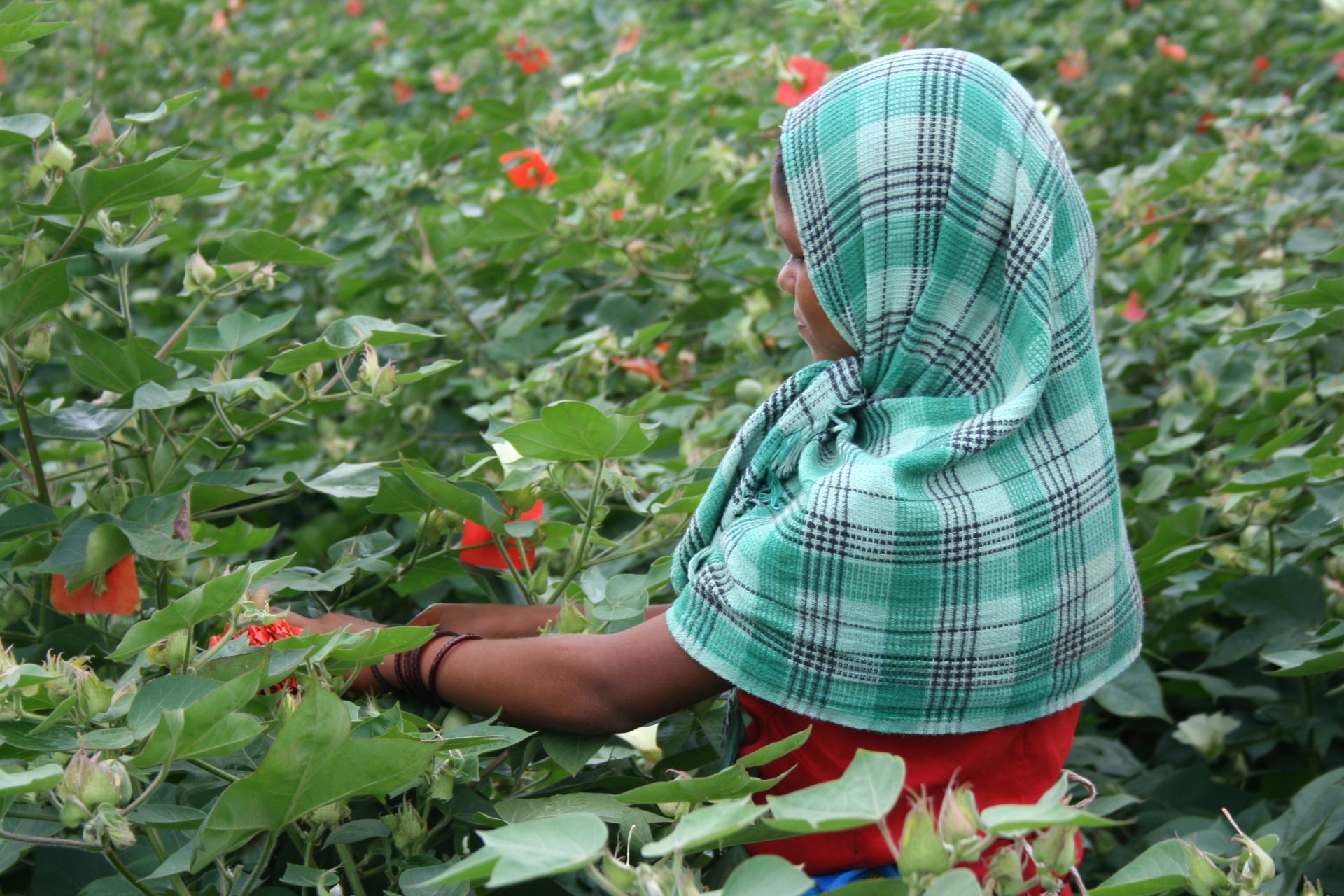On 12 June, the World Day Against Child Labour, WNCB partner Arisa published a new report with a hopeful message. The report “Sowing Hope” shows that in the past five years important steps have been taken to combat child labour in the cottonseed and vegetable seed production in India. Child labour declined, particularly in areas where significant interventions took place to address the issue. The overall incidence of child labour below 14 years showed a decline of 25% in cottonseed farms and 38% in vegetable seed farms. Unfortunately, despite this progress, the total number of children still employed in seed production and particularly in cottonseed farms is high.
Difference in the incidence of child labour
The survey for the present study took place on 613 farms in six Indian states producing cottonseed and vegetable seeds for international companies such as Advanta, Bayer, BASF, East-West Seed, Heinz Seeds, Limagrain, Sakata and Syngenta, some of which have offices in The Netherlands, as well as for large Indian companies like Bioseed, Kalash Seeds, Kaveri Seeds, Namdhari Seeds, Nuziveedu Seeds and Rasi Seeds. The child labour data for individual companies shows significant difference in the incidence of child labour between companies who have already implemented substantial measures to tackle the problem of child labour and those who are yet to begin or are in the process of implementing them.
Wages still below the legal minimum
In addition to child labour, the study also examined the payment of minimum wages. The outcome was less positive. The gap between prevailing wages and minimum wages has increased. Particularly women are paid below the minimum wage and are also discriminated against because they are given other – less paid – tasks than men. The prevailing wage rates for cross-pollination activity was 24-41% below minimum wage in some Indian states between 2018-19.
Dr Davuluri Venkateswarlu, who conducted the study on behalf of Arisa, explains: “A number of international seed companies are taking steps in the field of monitoring and capacity building of farmers and so-called seed organisers, but not enough. A critical look at procurement prices and more joint initiatives to increase wages are needed to address this problem.”
We call on the business sector to take responsibility throughout the whole supply chain in all sectors, and join forces with relevant stakeholders to eliminate child labour and realize sustainable solutions for all children and their families. See this link for more information about our work with the private sector
The full version of the report can be downloaded here.
For more information about this report or the work please contact Arisa.

